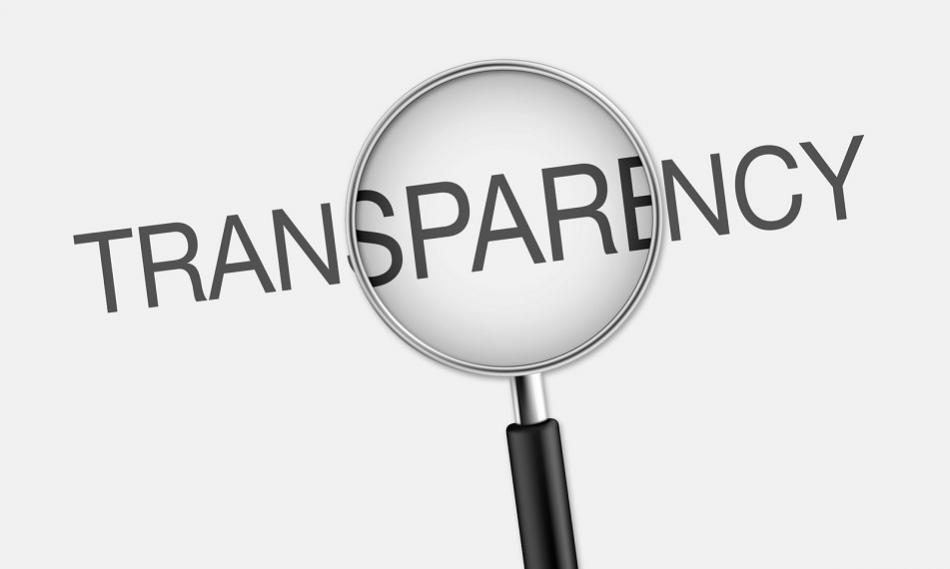Deakin University will spearhead the largest recycling and clean energy advanced manufacturing ecosystem in Australia, thanks to $50 million in funding from the Federal Government’s inaugural Trailblazer Universities Program.
Deakin’s Recycling and Renewable Energy Commercialisation Hub (REACH) is the latest Trailblazer university to be announced as part of a prestigious national program to address Australia’s national manufacturing priorities. The budgeted government funding will be matched with support from industry and university partners for a total value of $380 million.
Through REACH, Deakin will work with governments, industry, and education partners to establish a multi-billion dollar bioeconomy in Victoria, focused on clean energy, recycling and greener supply chains.
The initiative will drive significant innovation and job creation in Geelong, Western Victoria and beyond. The research-industry partnership is expected to generate more than $1.4 billion in revenue and 2,500 jobs in the next decade.
Alfred Deakin Professor Julie Owens, Deputy Vice-Chancellor Research, said Deakin was thrilled to be named the latest successful candidate in the Trailblazer Universities Program.
“Funding support of REACH will keep Deakin and Victoria at the forefront of the global green manufacturing revolution, and we acknowledge the generous support of our project partners and the Federal Government,” Professor Owens said.
“Recycling and renewable energy are key to reducing landfills, reliance on fossil fuels, and the devastating costs of global warming. Materials and energy are essential to manufacturing. As global markets move from a throughput economy to a circular economy, demand for greener, more resilient supply chains will continue to grow.”
Professor Owens said REACH would capitalise on Deakin’s strengths in battery technology, carbon fibre, recycling and hydrogen, and those of Australia’s national science agency CSIRO, as well as industry, university and TAFE partners, accelerating ideas into smart, sustainable manufacturing solutions.
“REACH will help build Australia’s sovereign capability in key manufacturing priorities, driving the country’s single largest recycling and clean energy advanced manufacturing ecosystem. By strengthening research, development and production opportunities onshore, we can ensure that our manufacturers are more internationally competitive.
“REACH will help create a model for rapid and successful translation of research to commercialisation, increasing Australia’s competitiveness across a broader spectrum of technology advances.”
Deakin Vice-Chancellor Professor Iain Martin said the successful Trailblazer bid was an important recognition of the university as a national leader in research commercialisation and collaboration.
“Deakin has a strong intellectual property (IP) pipeline and an enviable track record in successful industry engagement to create a positive impact,” Professor Martin said.
“This funding will enable Deakin to work with progressive, innovation-driven industry partners, leveraging enormous market opportunities for recycling and clean energy technologies to deliver carbon-neutral solutions. As a result, REACH will lead a sustainable manufacturing revolution, pushing the limits of technological innovation and driving solutions for a cleaner, greener future.”
Deakin Research Innovations Executive Director Ross Mahon said forward estimates calculated that REACH industry partners would generate $1.4 billion in revenue within 10 years.
“Through the REACH program we will create more than 2,500 jobs within 10 years and provide a solid technology platform for further investment during this time leading to as many as 7,000 jobs,” Mr Mahon said.
“Collaboration with universities and TAFE institutes will create a job-ready workforce qualified in emerging technologies, and a high number of graduates will feed into companies associated with REACH.
“More than 40 per cent of the companies involved are small and medium enterprises that will perform 80 per cent of the work in regional Australia. Deakin’s proven production and pilot facilities will provide a springboard for next-level commercialisation both locally and overseas, driving ongoing economic and employment benefits.”
Initial REACH supported research-industry partnership projects include:
- establishing an Australian supply chain for the manufacture of advanced technology batteries with greater energy density and shorter charge times;
- building local capability to store and use hydrogen across a broad technology base; and
- converting organic and inorganic waste into higher-value products, including a major project to recycle soft plastic in a closed-loop system.
REACH will engage researchers from Federation University, RMIT University, Swinburne University of Technology and the University of Southern Queensland, alongside CSIRO, The Gordon Institute of TAFE, Bendigo Kangan Institute, South West TAFE, Holmesglen Institute of TAFE, Wodonga TAFE and Swinburne TAFE.
Industry partners include Li-S Energy, Scale Facilitation™, BNNT Technology Limited, Calix Limited, Oztron Energy, Sydney Seaplanes, Gen 2 Carbon, HB11 Energy, Carbon Revolution, Clean Energy Resources Australia, White Graphene, Quickstep, Viva Energy Australia, JET Technology Corporation, HeiQ, Pro-Pac Packaging, Opal Australian Paper, Active Research, Sustainable Energy Equities Holdings Limited, Cyto-Matrix and Xefco.
REACH builds on Deakin’s end-to-end manufacturing capabilities in renewable energy and recycling and its thriving ‘Future Economy’ commercialisation ecosystem across its Waurn Ponds, Warrnambool and Burwood campuses, which includes:
- ManuFutures – Australia’s leading advanced manufacturing incubator/accelerator hub
- Institute for Frontier Materials – a leading materials science research institute
- Institute for Intelligent Systems Research and Innovation – leading research and development in robotics, haptics and human machine interfaces
- Applied Artificial Intelligence Institute – leaders in transformational industry-focused AI
- BatTRI-Hub – world-class battery technology research and translation hub, including energy storage commercialisation
- Renewable Energy Microgrid – a 7.25 megawatt solar energy system and associated research centre
- Hycel – one of Australia’s first new hydrogen technology testing, manufacturing, optimising and training facilities
- Carbon Nexus – carbon fibre and composite research facility
- Circular Economy Initiative – focusing on energy materials, carbon fibre and composites, organics, and others
- AquaFI Hub – state-of-the-art aquaculture research and innovation centre
- Faculty of Science, Engineering and Built Environment – research expertise in renewable energy, recycling and manufacturing
If you’re interested in partnering or working with REACH, visit www.deakin.edu.au/reach








